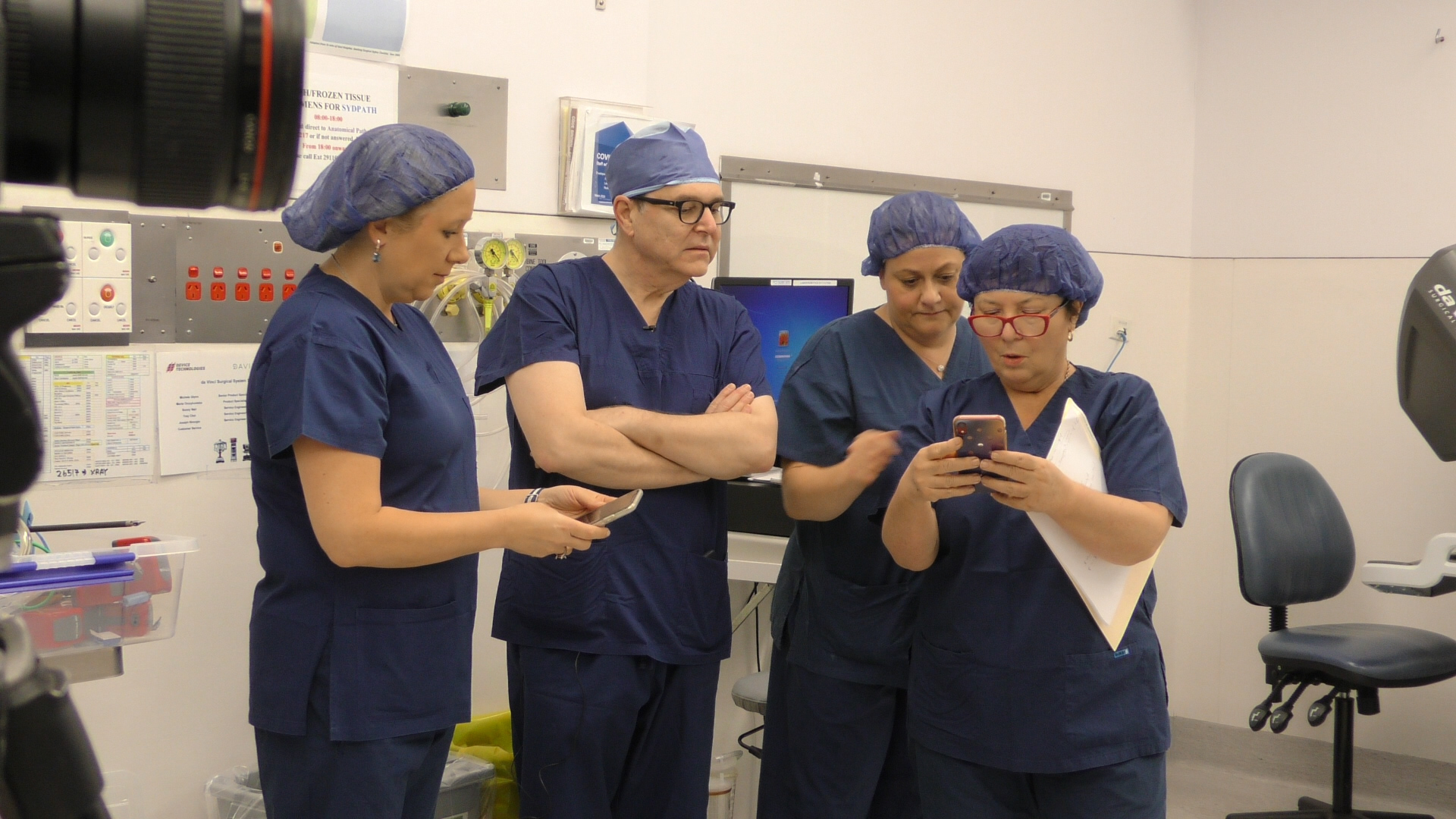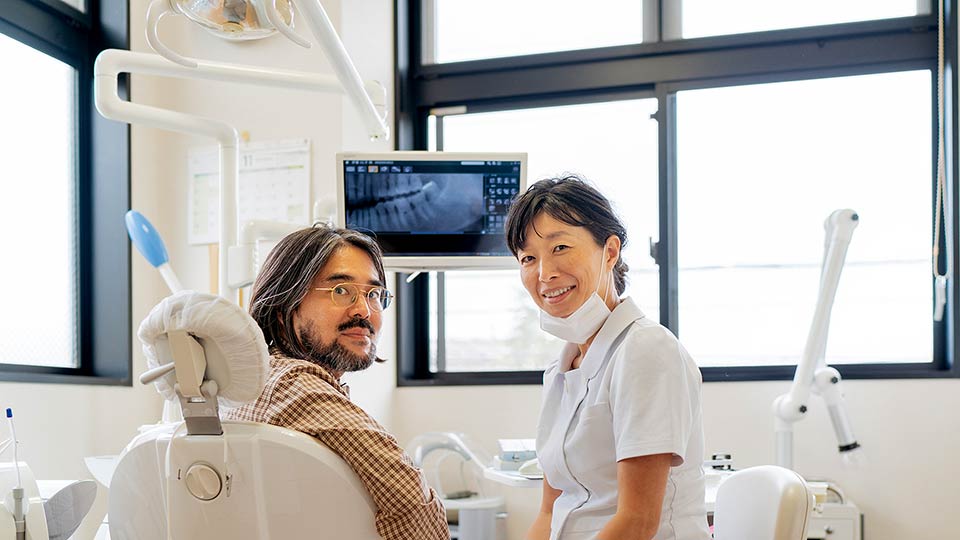I want to congratulate Julie McCrossin and Daniel Taylor for the fantastic Head and Neck Cancer Forum – 2020 VIDEO SERIES and Ricky Onsman for the supporting website. The video series is launching Monday July 27, World Head and Neck Cancer Day. These interviews and discussions were originally planned as a face-to-face Patient Forum until COVID-19 made that impossible.
I approached Julie about co-producing a Head and Neck Cancer Patient Forum in June 2019. Julie and I were both frustrated by the lack of patient engagement in professional Head and Neck Cancer meetings. We also recognised the invaluable insights into long term patient care gained by members of the multidisciplinary team. We wanted a forum which brought patients and carers together with a wide range of experts. Julie refused to allow a pandemic to get in the way and has managed to bring together all these people in a series of videos.
The video series offers hope
The focus of the video series is innovation and hope. It includes;
- Innovations in Surgery
- Aboriginal & Torres Strait Islander Patients, Family & Community
- Innovations in Radiation Therapy
- Innovations in Dental Care
- Innovations in Chemotherapy & Immunotherapy
- Innovations in Managing Distress & Recovery
- Innovations in Managing Mask Anxiety & The Remove The Mask Research
The series has forced me as an oncologist to face gaps in patient care
The video series has helped me re-focus on the need for head and neck cancer patient care to extend beyond acute treatment and well beyond five years. I believe that oncologists need to better support patients with long term side effects and complications. This does not just mean screening for recurrence and metastatic disease but supporting patients with late toxicities who are cured but living with the consequences of treatment. These complications may include;
- Dysphagia (difficulty swallowing) which can lead to aspiration and poor nutrition
- Dental problems
- Deterioration in speech and articulation (dysarthria)
- Alteration in voice quality (dysphonia)
- Loss of muscle and long term fibrosis of muscle, a problem which develops over many years
- Osteoradionecrosis, bone death due to radiation
- Long term or delayed onset psychological distress
Unfortunately, we know both anecdotally and academically that general practitioners find it hard to engage in this type of ongoing care. An American study of primary care physicians (PCP) by Berkowitz et al published in 2018 found that the majority of PCPs are “uncomfortable managing late/long term side effects” (Berkowitz et al., 2018). This is consistent with my experience in Australia and is not unexpected. So how do we fill the gaps?
Changing the medical time frame for long term patients
Before writing this blog I searched PubMed for peer reviewed journal articles about the long-term side effects experienced by head and neck cancer survivors of ten plus years. I was struck by the lack of studies. The few articles which did focus on long term survivors also noted this lack of research. One interpretation of this gap in the literature suggests oncologists need to re-think the length of the typical head and neck cancer patient journey. With increasing survivorship five years is no longer long enough.
This paradigm shift is not easy to achieve. In part because the more patients an oncologist successfully treats, the more patients that same oncologist has to review. Which is why I am suggesting we establish nursing and allied health led multidisciplinary teams to help in the management of long term and late onset side effects.
Creating long term side effect MDTs led by nurses and allied health
Head and Neck Cancer was the birthplace of the multidisciplinary team approach. We are great team players. We also have exceptionally skilled nursing and allied health practitioners, including speech pathologists, dietitians, physiotherapists, psychologists and social workers who are well placed to understand and manage patients with long term or late onset side effects. In order to create MDTs such as this we need to train and support more Head and Neck Oncology Nurse Practitioners and Clinical Nurse Consultants. It is important to note that Nurse Practitioners can refer patients, prescribe medications, and request investigations. Their autonomy and expertise are essential to developing ongoing quality patient care. Many of my surgical colleagues think I am mad for suggesting this but I see it as an obvious way of improving the standard of care and support we provide to our patients in the long term.
Let’s keep talking
I want to finish by thanking Julie McCrossin once again for her tireless work in producing the video series, our supporters St Vincent’s Health Network Sydney, The Kinghorn Cancer Centre, and St Vincent’s Private Hospital Sydney, and our sponsors Holland Healthcare, Genesis Care and Team Medical.
References
Berkowitz, C., Allen, D. H., Tenhover, J., Zullig, L. L., Ragsdale, J., 3rd, Fischer, J. E., . . . Koontz, B. F. (2018). Knowledge and Preferences of Primary Care Providers in Delivering Head and Neck Cancer Survivorship Care. J Cancer Educ, 33(6), 1323-1327. doi:10.1007/s13187-017-1250-3
Dong, Y., Ridge, J. A., Li, T., Lango, M. N., Churilla, T. M., Bauman, J. R., & Galloway, T. J. (2017). Long-term toxicities in 10-year survivors of radiation treatment for head and neck cancer. Oral Oncol, 71, 122-128. doi:10.1016/j.oraloncology.2017.05.009
Nguyen, N. A., & Ringash, J. (2018). Head and Neck Cancer Survivorship Care: A Review of the Current Guidelines and Remaining Unmet Needs. Curr Treat Options Oncol, 19(8), 44. doi:10.1007/s11864-018-0554-9
Patterson, J. M. (2019). Late Effects of Organ Preservation Treatment on Swallowing and Voice; Presentation, Assessment, and Screening. Frontiers in oncology, 9, 401-401. doi:10.3389/fonc.2019.00401
Ringash, J., Bernstein, L. J., Devins, G., Dunphy, C., Giuliani, M., Martino, R., & McEwen, S. (2018). Head and Neck Cancer Survivorship: Learning the Needs, Meeting the Needs. Semin Radiat Oncol, 28(1), 64-74. doi:10.1016/j.semradonc.2017.08.008




